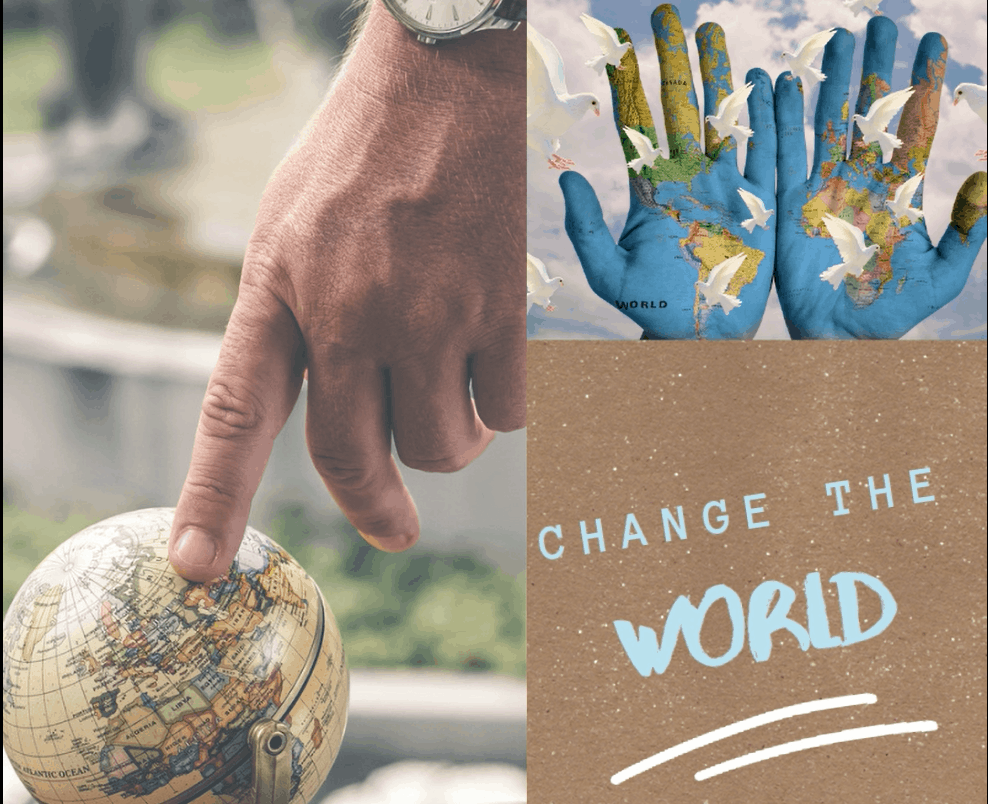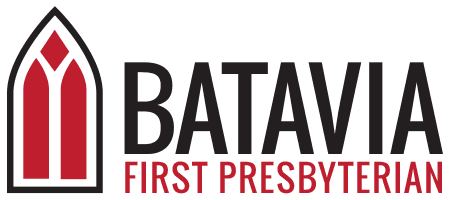
Change the World – Rescue Those in Distress
Bible Text: James 1:19-27 | Speaker: Rev. Dr. Roula Alkhouri | Series: Change the World | “Change the World: Rescue Those in Distress”
James 1:19-27
Today we focus on the call to change the world by rescuing those in distress. When we think of rescue, we may think of superheroes. This is often reflected in our fascination with stories and movies about superheroes who come to the rescue of those who are in distress. But in real life, heroes and distress come in many different forms. Here is an incredible moment from recent news about the trial of Amber Guyger who was a police officer in Texas who wrongly shot her neighbor after entering his apartment by mistake. She was convicted of murder. What drew more attention to the story is the fact that she is White while the man she shot was Black. In our country where there is a lot of hate and fear around racism and use of force by police and with the family of the man who was killed feeling so distraught, it was amazing to see how his brother rescued his brother’s killer because he saw her distress.
In addition, the judge in the case, Judge Tammy Kemp, also gave Amber a hug and shared with her a witness of faith. What did you think of this story?
In movies, we tend see the hero swooping in and rescuing the victim at the very last minute and in a most magical way! Yet, in real life heroes come without capes. They are usually people who are ordinary like us, but who step up to help others in times of distress.
Another hero for me is President Jimmy Carter who for his whole life put his faith into action to help others in need. Here is a video from 2017 about the work of the Carter Center which eradicated the guinea worm:
According to the Carter Center website, “Since 1986, The Carter Center has led the international campaign to eradicate Guinea worm disease, working closely with ministries of health and local communities, the U.S. Centers for Disease Control and Prevention, the World Health Organization, UNICEF, and many others.
Guinea worm disease could become the second human disease in history, after smallpox, to be eradicated. It would be the first parasitic disease to be eradicated and the first disease to be eradicated without the use of a vaccine or medicine…When the Center began leading the international campaign to eradicate Guinea worm disease in 1986, there were an estimated 3.5 million cases in 21 countries in Africa and Asia. Today, that number has been reduced by more than 99.99 percent.”
What a great example of rescuing the distressed! Knowing how devastating the disease that is caused by this parasite, it is amazing to see this rate of success in eliminating so much human suffering. And most of this effort depended on education and simple prevention tools. Such examples of rescue can inspire us to look at what we can do to rescue others in their times of distress knowing that this is a universal call to all of us.
In our Bible reading for today we hear this call as a call to put our faith into action. James is a collection of teachings about the way Christians should live and behave. It is concerned with practical Christianity, with “walking the walk” and not just “talking the talk.”
This invitation is clear. It is not just about personal piety or doing good deeds in private life. To James, the church exists to be engaged in public life! The indication of one’s faith is action and not just speech. Anybody can talk about Jesus, but true discipleship comes from action. This action is specifically about helping those who are most needy in society or as James puts it, “care for orphans and widows in their distress.” Rescuing those who are in distress is an essential part of the mission of Christ and thus of our calling as his followers. The Hebrew Bible reflects particular concern for the care of “widows and orphans.” They should be the particular focus of the Church’s concern because God is so concerned with them (Deut. 10:18; Ps. 9:18; 68:5; 146:9), and ancient Israel was also commanded to be concerned as was God (Deut. 14:9; Ezek. 22:7). But we have to understand what the biblical writers meant by “widows and orphans.” In the ancient Near East from the time of Moses to the time of Jesus, Paul and James, the most vulnerable people in society were “widows and orphans”. If a husband died, the woman had nothing. She lost his estate, she had no “protector” before the Law or before the ravages of her relatives. She didn’t even have the option of marriage, because the decision to marry was made on the part of the man, not the woman. A widow was totally helpless! The same was true of orphans. Orphans had no legal and economic protection. An orphan was totally helpless in society, and only the compassionate willingness of a relative or neighbor to take that child into one’s own household could save that orphan from starvation, slavery or destitution. “Widows and orphans” was the Hebrew way of talking about anyone who was among the most vulnerable, marginalized, exploited and oppressed of that society. Yet, they had one force in their favor. They had the Law of Moses that commanded that the nation, its systems and its people be compassionate and work for justice for the “widows and orphans”. So the term didn’t just mean women whose husbands had died or children whose parents had died. It meant anyone who was vulnerable to exploitation, oppression and marginalization in ancient Israel.
This challenge is still before us from the letter of James. It is not an easy challenge when we live in a world that believes in power and materialism as the way to happiness. Take for example how much money we spend on lottery! “On Friday in April of 2012, people from 44 states in the U.S. spent nearly $1.5 billion on Mega Millions lottery tickets. This is equivalent to nearly $5 for every man, woman, and child in the country…In some locations where lottery tickets were sold, people waited for up to three hours in lines that wrapped around the block. Each person who bought a ticket dreamed of winning the jackpot of $640 million. But each ticket had only a one-in-176 million chance of winning.” (Eric Law in Holy Currency Exchange)
The words of James have not always been welcomed by Christians over the centuries because the world often lures us to believe that we need to focus on taking care of ourselves and of our own. But rescuing those in distress in our society is not something we do when it is convenient or comfortable. It is part of God’s dream for our world. Sometimes Christians limit faith to being a good person and to having the right beliefs about God. James is a good guard for us when we reduce faith in Christ to personal piety. For many Christians, faith is about making sure that when they die, they will go to heaven. With the letter of James we are strongly urged to pay attention to what we do right here and right now.
I invite you to take a few minutes to look at the map of Genesee County which you received when you walked in. Turn to a neighbor and discuss where we might find people in distress in Genesee County. Then put the one or two places you discussed on the map. Then tell us briefly about these places.
https://www.dec.ny.gov/outdoor/46106.html
God calls us to respond with love and care to those going through a time of distress. One of the areas I would like to highlight for you today is Presbyterian Disaster Assistance. It is a national ministry of our church where we respond to places struck by disaster to help rescue the distressed. Here is a video about their ministry:
There is a wonderful passage in Frederick Buechner’s book, The Alphabet of Grace. “Feet are religious too. I say if you want to know who you are, if you are more than academically interested in that particular mystery, you could do a lot worse than look at your feet for an answer. When you wake up in the morning, called by God to be a self again, if you want to know who you are, watch your feet. Because where your feet take you, that is who you are.” Amen.
